Panel discusses what impeachment trial of Park would be like
'Probe findings, public sentiment hold key in Constitutional Court judgment'
By Yeo Jun-sukPublished : Nov. 23, 2016 - 17:34
An impeachment trial seems the only way out of the political stalemate in South Korea.
With President Park Geun-hye determined to cling to power, opposition parties are campaigning for a parliamentary impeachment motion whose passage will set the stage for the nation’s second impeachment trial in history.
The Korea Herald interviewed six prominent law experts over the phone to find out what to expect from the looming trial. The following are excerpts from the interviews:
The Korea Herald: Does President Park’s alleged wrongdoing constitute grounds for impeachment?
With President Park Geun-hye determined to cling to power, opposition parties are campaigning for a parliamentary impeachment motion whose passage will set the stage for the nation’s second impeachment trial in history.
The Korea Herald interviewed six prominent law experts over the phone to find out what to expect from the looming trial. The following are excerpts from the interviews:
The Korea Herald: Does President Park’s alleged wrongdoing constitute grounds for impeachment?
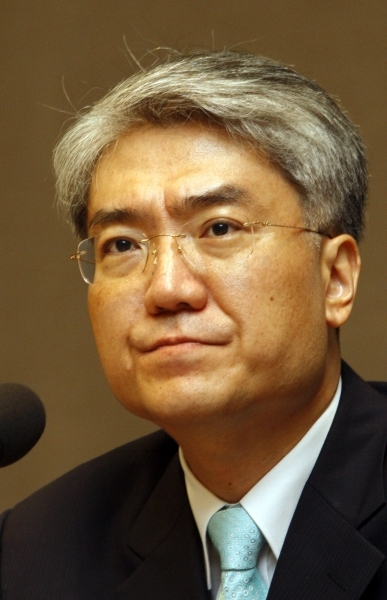
Lim Ji-bong, a professor at Sogang University Law School: President Park violated the Constitution. Her governing authority was granted by the people through election, but she transferred (her authority) to an individual never elected by the people. Therefore, she violated the Constitution’s first and 67th clauses that state Korea is a democratic republic and its president is elected by the people.
The president also kicked out public officials who she thought did not support the athletic career of Choi’s daughter. That constitutes violation of the basic law’s seventh clause designed to protect the status of public officials working for the people.
All of these show that the president disrupted the very basis of our Constitutional system. It is a grave violation of the Constitution and, by extension, other relevant laws. I think there is sufficient case for the president to be impeached.
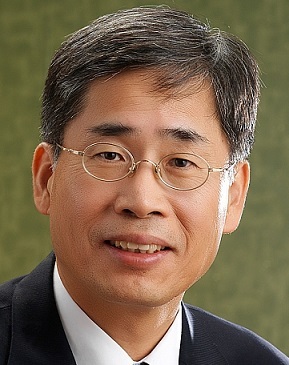
Shin Pyung, a professor at Kyungpook National University School of Law and chairman of the Korean Constitutional Law Association: Charges (against Park) are 99 percent confirmed by the prosecution, so I think it is quite possible to impose liability.
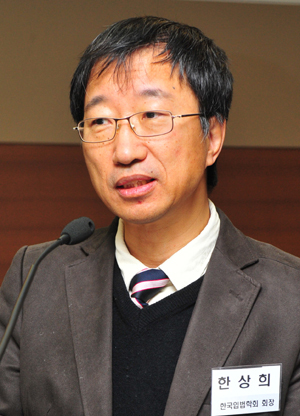
Han Sang-hie, a professor at Konkuk University Law School: She broke the constitutional order and violated the nation’s liberal democracy. She messed with the separation of powers and privatized state power.
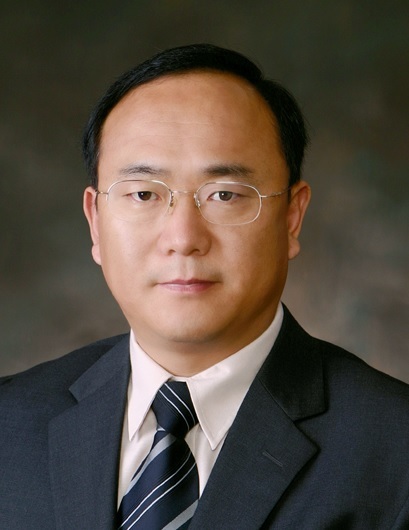
Lee Heon-hwan, a professor at Ajou Univeristy Law School: As she is a sitting president and immune to criminal prosecution, there is no way we can find out whether she is guilty of a crime or not. That’s why the Constitution makes it possible through an impeachment process.
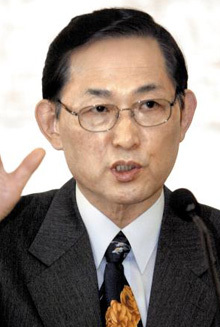
Huh Young, a professor emeritus at Kyung Hee University Law School and the first president of the Constitutional Research Institute for the Constitutional Court: The president is subject to the impeachment process because she violated both the Constitution and other law. By consulting with Choi Soon-sil on important state affairs and following through on her instructions, she violated the Constitution. Her allegation prescribed in the prosecutors’ arraignment shows that she also breached other laws
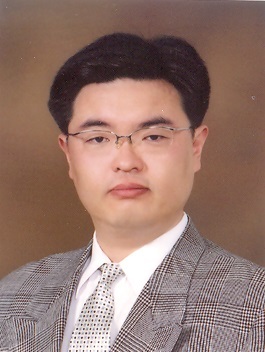
Jeon Hak-seon, a professor at Hankuk University of Foreign Studies and a former member of the Constitutional Research Institute: I think there are enough grounds for launching an impeachment. Even though the president is not indicted by the prosecutors and has refused to undergo their investigation, the impeachment process is warranted because it is a totally separate procedure.
KH: What are your views on the Constitutional Court’s ruling for the president, following a parliamentary motion for her impeachment?
Huh: Given the circumstances, I think the court will reach a different conclusion from the ruling on the late President Roh Moo-hyun. (In the 2004 case against the former President Roh, the judges rejected the motion, saying the allegations against him were not “grave enough” to warrant his removal.)
Shin: Some conservative judges hold positions at the court, but this issue is not about conservatism and liberalism. It is a severe matter which can shake the root of this republic nation. With patriotism, the judges will make a right decision.
Jeon: I think the parliamentary motion will hold the key. It must clearly state what Park has violated and how.
Han: It is hard to tell. I think it will depend on the dynamics of public sentiment. Regardless of the outcome, the fact that impeachment will keep the president from doing her duty would be seen as progress in the current situation.
Lee: If the judges’ decisions were to be affected by the fact that they were recommended and appointed by the president, it would be in violation of the constitution. Those kinds of judges are not qualified to be on the bench.
Lim: An impeachment could be difficult if the special probe cannot yield decisive evidence linking Park to corruption charges. I’m also worried about votes at the National Assembly. Some say 32 Saenuri members will vote for impeachment, but it is unclear whether two-thirds of the National Assembly will really cast their votes during a secret ballot.
KH: How long will the court proceedings take?
Huh: It only took two months and five days for former President Roh. It should be shorter this time, three months at the longest.
Han: There is a chance that the trial could drag on, particularly with the replacements of two judges who will finish their term early next year. But I think the court can speed up and come to a conclusion soon. Citizens and the National Assembly should put pressure on this.
Lim: I think it will take about three months to pass the impeachment motion in the National Assembly. The Constitutional Court will then have to rule in 180 days, and it is very likely the court will take the whole period. It is a matter involving the president’s removal from office and is likely to involve a large amount of lengthy documents and materials for judges to check.
KH: Can Park resign while being tried?
Huh: No, she cannot. By law, high-profile officials involved with an impeachment process are banned from being dismissed or offering their resignations.
Lim: The president can step down. Appointed government officials who are impeached are banned from holding public office for five years afterwards. So once the impeachment process begins, resignation is not accepted to prevent the person from avoiding punishment. However, the president is not appointed but elected, meaning there is no one to stop her from resigning.
Han: It is possible for the president to step down. For the elected presidential position, there is no law to prevent the president from resigning. She can leave the office as soon as she announces it. No rule clearly prevents the president from quitting.
KH: Can the prosecution take forceful measures to investigate Park? Can Park be arrested or detained?
Huh: While in office, the president cannot undergo a forced probe. The president cannot be arrested or detained.
Han: President Park is an important figure who represents Korea and leads diplomatic relations. That is why she has immunity from criminal charges. During the impeachment process, however, she is suspended from her presidential duties so a mandatory probe should be possible.
Still, unelected officials -- prosecutors and judges -- arresting or detaining an elected president can be seen as lacking legitimacy.
Lee: A compulsory investigation is not done on the incumbent president because it could interrupt her carrying out her presidential duty. Once she is impeached, she is stripped of her Constitutional privilege, so she won’t be able to avoid the investigation.
Jeon: Theoretically, it is possible but one should proceed carefully. The president is immune to criminal prosecution.
Shin: It is a sensitive issue and there is not a definite answer to the question. A mandatory probe is only possible when the charges are obvious. The need for an investigation on the president is incontestably apparent, but she is trying to conceal and avoid the probe.
By Yeo Jun-suk
(jasonyeo@heraldcorp.com)

















![[Herald Interview] Byun Yo-han's 'unlikable' character is result of calculated acting](http://res.heraldm.com/phpwas/restmb_idxmake.php?idx=652&simg=/content/image/2024/05/16/20240516050855_0.jpg&u=)
